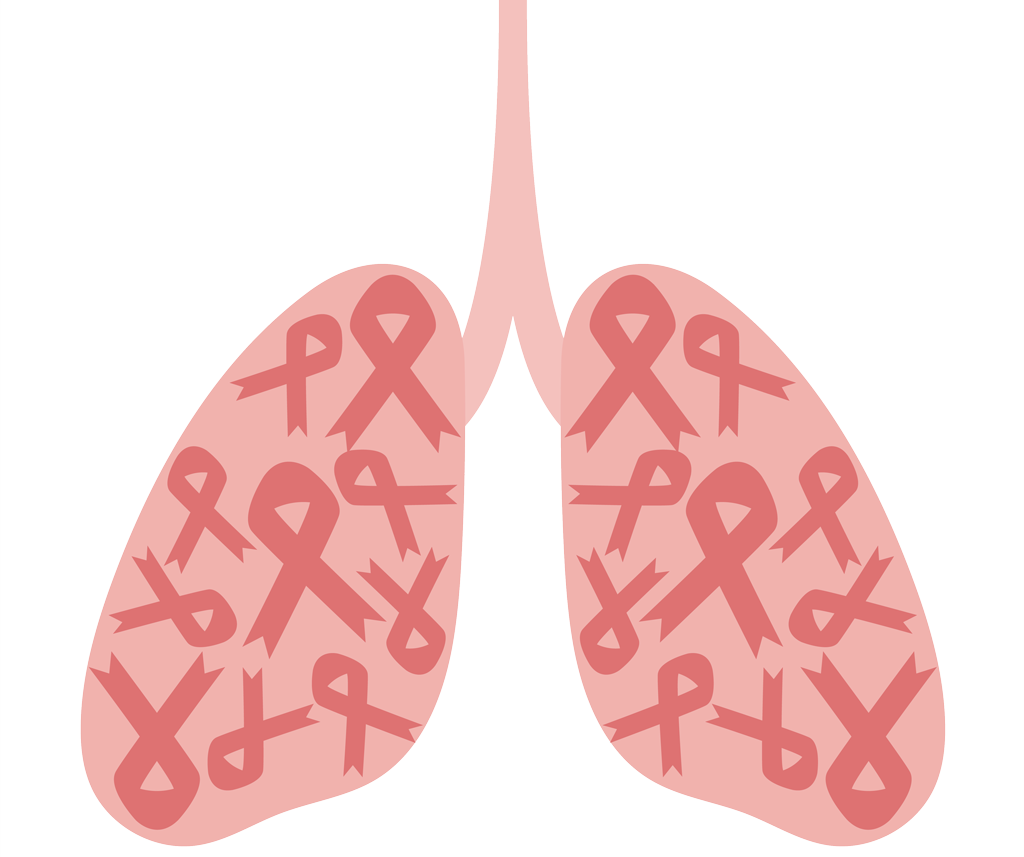About Lung Cancer

Lung cancer is a serious condition characterized by the uncontrolled growth of abnormal cells in the lungs. It is one of the most common types of cancer worldwide and a leading cause of cancer-related deaths. Understanding the basics of lung cancer can empower individuals and their loved ones to make informed decisions regarding prevention, early detection, and treatment.
The primary cause of lung cancer is tobacco smoke, including both active smoking and exposure to secondhand smoke. However, it’s important to note that not all lung cancer cases are attributed to smoking. Other risk factors include exposure to environmental toxins (such as radon, asbestos, and certain chemicals), a family history of lung cancer, and certain genetic mutations.
There are two main types of lung cancer: non-small cell lung cancer (NSCLC) and small cell lung cancer (SCLC). NSCLC is the most common type, accounting for approximately 85% of lung cancer cases. SCLC, though less prevalent, tends to grow and spread more rapidly. Each type has distinct characteristics and may require different treatment approaches.
Detecting lung cancer in its early stages is crucial for favorable treatment outcomes. However, symptoms may not manifest until the disease has progressed. Common symptoms of lung cancer include persistent cough, shortness of breath, chest pain, fatigue, unexplained weight loss, and recurrent respiratory infections. If you experience any of these symptoms, it’s important to consult a healthcare professional promptly.
Diagnosing lung cancer often involves a combination of imaging tests, such as X-rays, computed tomography (CT) scans, and positron emission tomography (PET) scans, along with tissue sampling through procedures like bronchoscopy or biopsy. Accurate diagnosis is vital to determine the type, stage, and specific characteristics of the cancer, which guide the treatment plan.
Treatment options for lung cancer depend on various factors, including the cancer stage, type, and the patient’s overall health. Common treatment modalities include surgery, radiation therapy, chemotherapy, targeted therapy, immunotherapy, and palliative care. Multidisciplinary teams of healthcare professionals collaborate to develop personalized treatment plans tailored to each individual’s needs.
Advancements in medical research have led to innovative treatment approaches for lung cancer. Targeted therapy and immunotherapy, for example, offer new avenues for precision medicine, specifically targeting cancer cells while minimizing damage to healthy tissues. Clinical trials may also provide opportunities for patients to access experimental therapies and contribute to medical advancements.
Living with lung cancer can be challenging, both physically and emotionally. Supportive care services, such as counseling, nutritional support, pain management, and complementary therapies, can significantly improve the quality of life for patients and their families. Engaging with support groups and connecting with other individuals facing similar challenges can also provide a sense of community and shared understanding.

